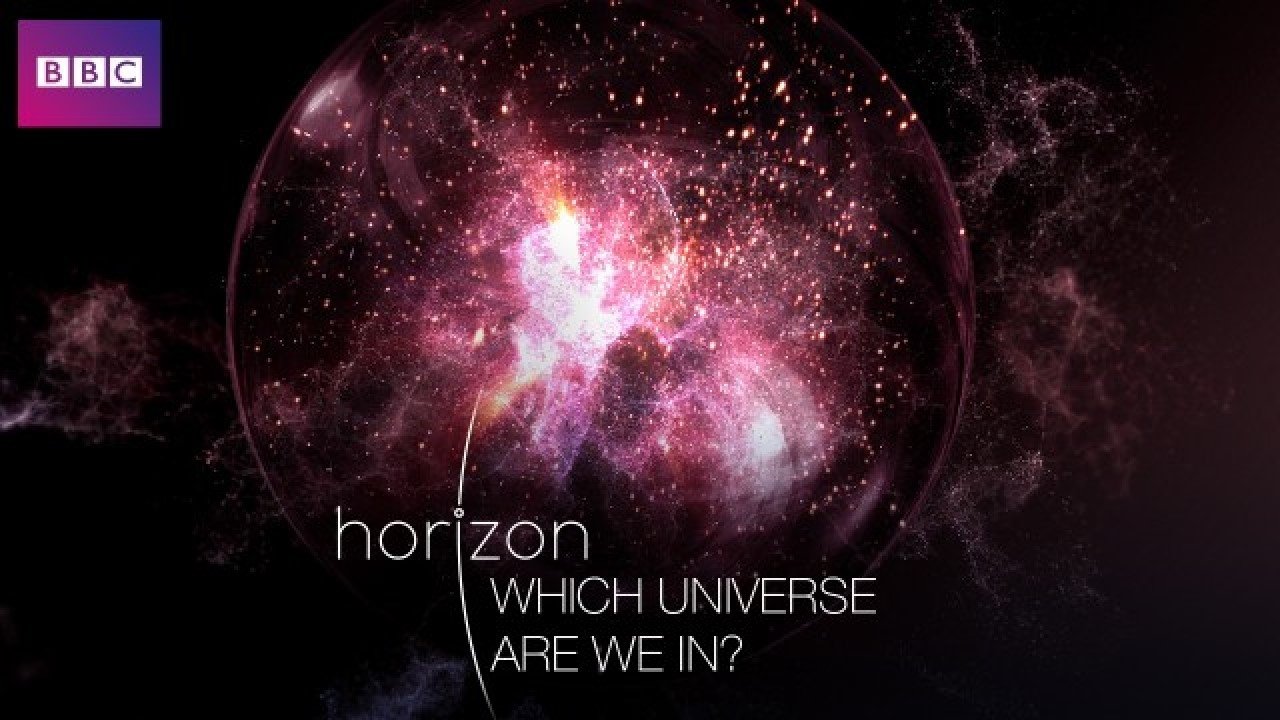
Horizon: Which Universe Are We In?
2015
0h 59m
0.0(0 votes)
Documentary
Overview
Links & Resources
Social & External
Cast & Crew
3 members
Acting
Anthony Aguirre
self
No Image
Acting
Max Tegmark
self
No Image
Acting
Seth Lloyd
self
No Image

Social & External
self
self
self